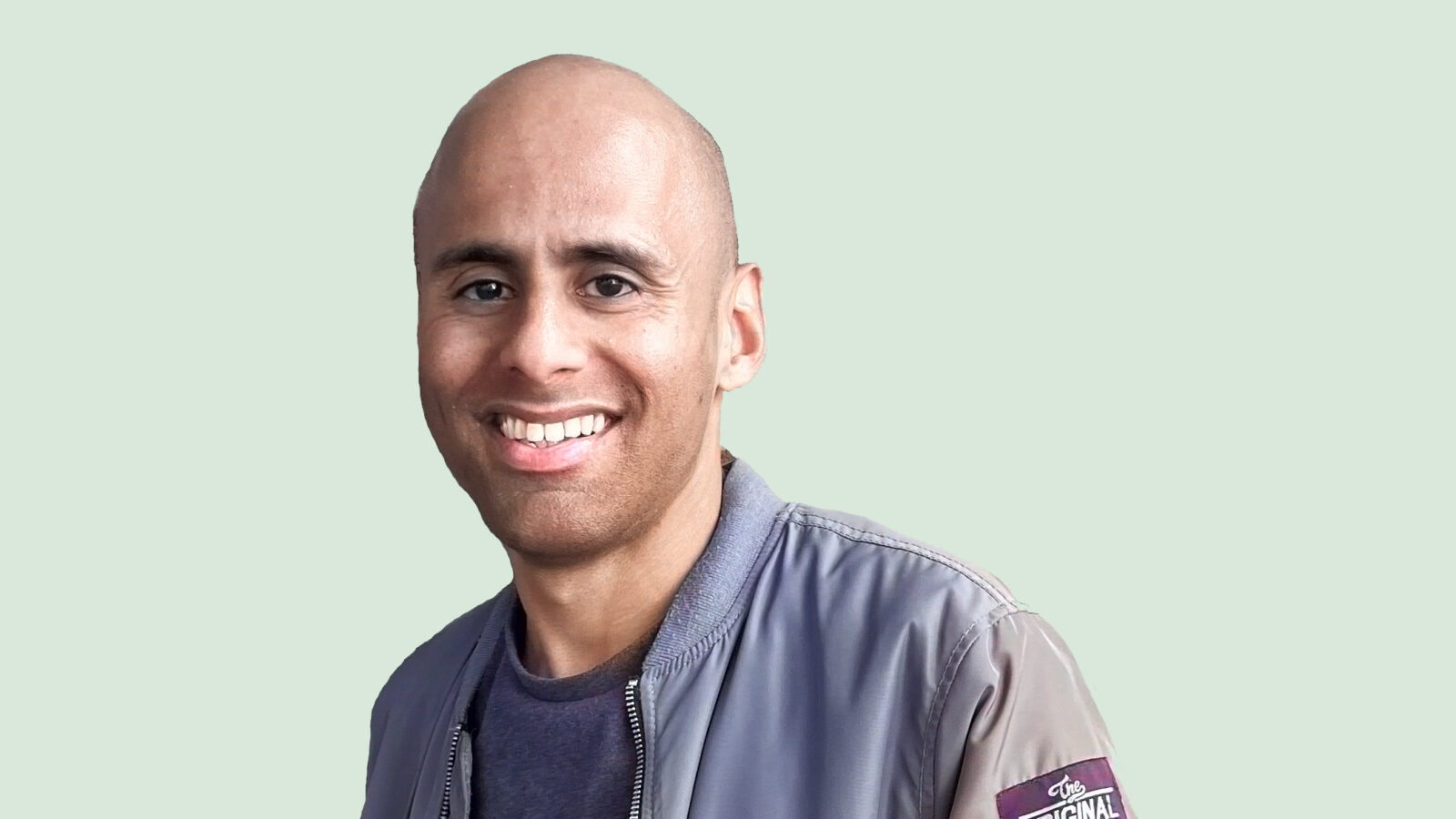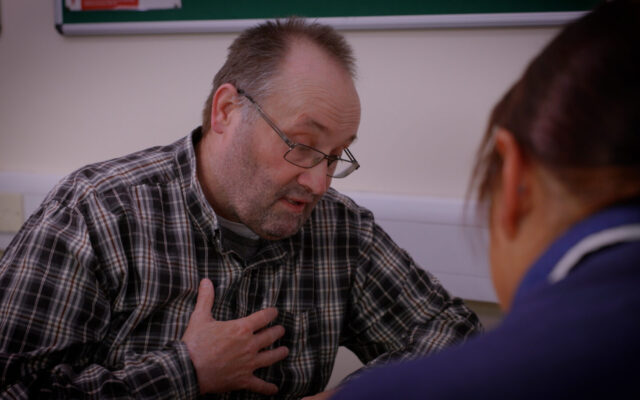A lot of people have been talking about the documentary by comedian Rosie Jones, which was shown on Channel 4 in July.
People have been angry about it on social media because of the way in which the subject of disability was approached.
It was controversial because of the title.
The programme was described on the Channel 4 website like this: “Rosie Jones: Am I a R*tard? In this unflinching and highly personal documentary, comedian Rosie Jones explores how prevalent disability trolling is in the UK, and why it’s often left unchecked.”
I thought it was disgraceful.
The word is stigmatising, disgusting and horrible. It is discriminatory and it is an abusive word.
The title must have been made up by someone who’s never worked with a person who has a learning disability.
I was surprised at that title because of the way it puts disabled people in a box – especially those who have speech or language problems.
Who came up with the title? What was the purpose?
If I’d been working at Channel 4 and someone had asked me about that word, I’d have said: “No, I don’t like it, I want to change it – if you agree on that title, then you can leave my department.”
Do your research
If I’d been involved in the research, I’d have asked a big group of people what their opinion was.
I heard that some participants who are disability campaigners had left the documentary. I don’t blame them – they left because of the title.
You need the research team to make sure people in the documentary aren’t going to be disappointed. I was surprised they had not employed someone with a learning disability in the programme.
The people who made it should have talked to people with learning disabilities and organisations that support them.
If the people hearing or reading these words were in our position or had a son or daughter with learning disabilities, how would they feel?
Language is important. Like the words “idiot” and “fool” which you hear a lot – from adults, from parents or business people, or just people talking in the pub or trolls on social media.
Even if these words aren’t directed at me, they make me feel upset, frustrated and angry. It’s shameful that people use language like this.
If the people hearing or reading these words were in our position or had a son or daughter with learning disabilities, how would they feel?
My nephews are 10 and eight and they don’t use that word; my siblings have explained why it’s a bad word and I’ve been open about that too.
The programme made me think about why ableism doesn’t have the same profile as racism or homophobia.
I got bullied at my mainstream secondary school for my disability and my race. I was the only Asian person at the school, and all the teachers and pupils were white.
So my experience of discrimination makes me feel very strongly about the words people use.





